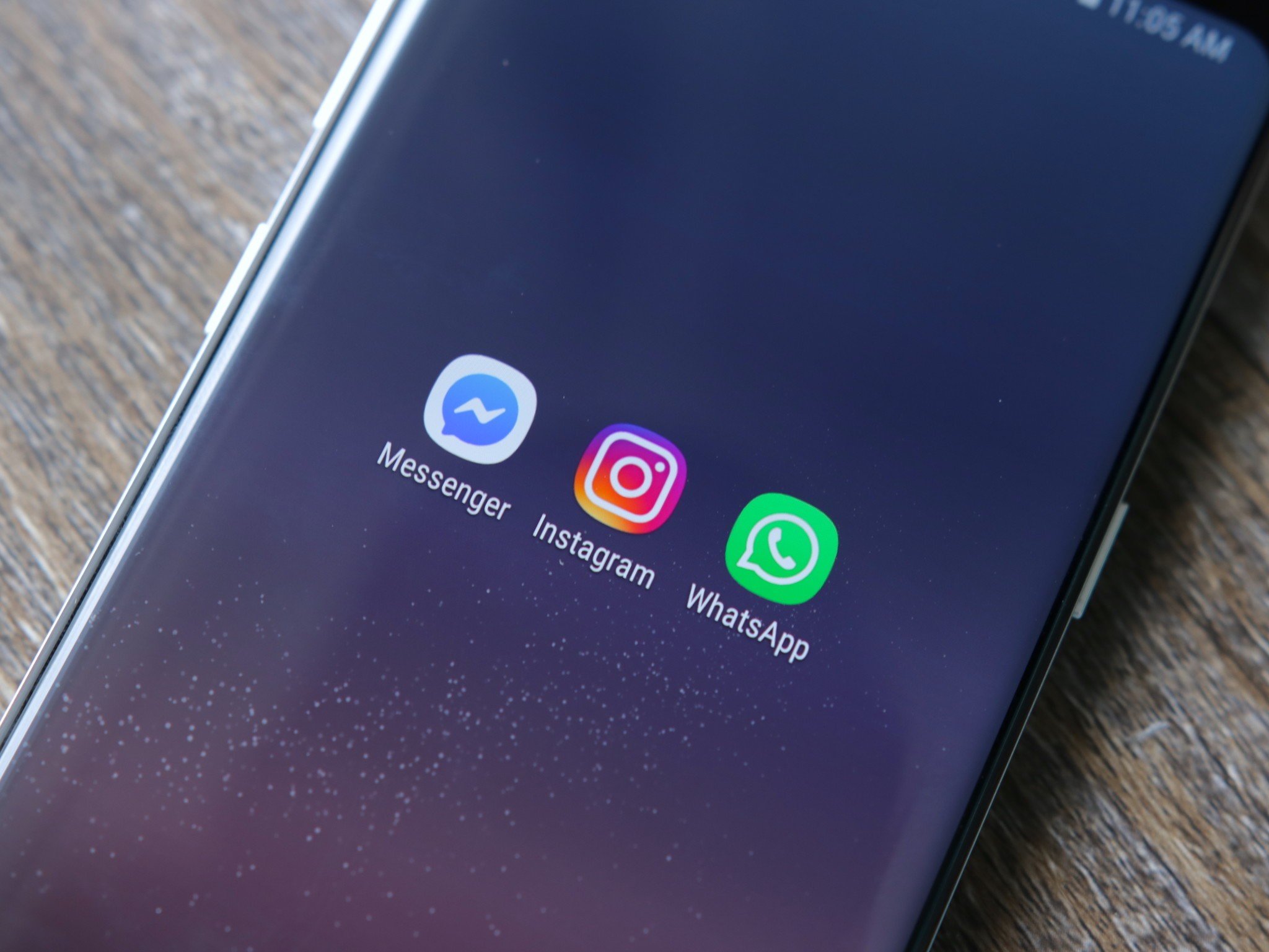Facebook won't be forced to divest Instagram and WhatsApp, at least for now.
What you need to know
- A U.S. district judge dismissed two major antitrust cases against Facebook.
- The court found that the plaintiff did not provide substantial evidence against the social media giant.
- The lawsuits challenged Facebook's market leadership and ownership of both Instagram and WhatsApp.
A U.S. district judge dropped two antitrust lawsuits against Facebook on Monday, saying that the complaint "is legally insufficient and must therefore be dismissed."
The lawsuits against Facebook were filed late last year by the FTC and a coalition of state attorneys, declaring that Facebook participated in anticompetitive and monopolistic behavior by purchasing WhatsApp and Instagram. The complaint stated that Facebook saw the apps as "two significant competitive threats to its dominant position," after which it "moved to squelch those threats by buying the companies."
The lawsuit alludes to a 2008 email from founder and CEO Mark Zuckerberg in which he allegedly states that "it is better to buy than compete."
In the document, D.C. District Judge James Boasberg notes that the platform provides a free service for consumers and that the FTC complaint failed to clearly address Facebook's market dominance.
In this unusual context, the FTC's inability to offer any indication of the metric(s) or method(s) it used to calculate Facebook's market share renders its vague "60%-plus" assertion too speculative and conclusory to go forward.
He also states that "there is nothing unlawful about" Facebook's refusal to offer interoperability solutions for competing apps to work better with the platform. Additionally, "such revocations of access occurred in 2013, seven years before this suit was filed," essentially making it a moot point.
However, the judge dismisses Facebook's argument that the FTC could not put its acquisition of both Instagram and WhatsApp into question. The lawsuit could have potentially forced Facebook to divest both services and require regulatory approval for future purchases by Facebook.
Despite the scrutiny of these acquisitions, the court highlights the unusually long review process that the FTC conducted when Facebook sought to purchase Instagram. The document notes that the conditions of the acquisition "satisfied the agency's concerns, and in August (over four months after the merger was announced), the Commission voted 5–0 to allow it to proceed without any challenge or conditions."
Neither Facebook nor the FTC were immediately available to comment.
Meanwhile, Facebook is among the Big Tech companies facing more legislation with a newly proposed bill that seeks to rein in their control over the market.



0 Commentaires